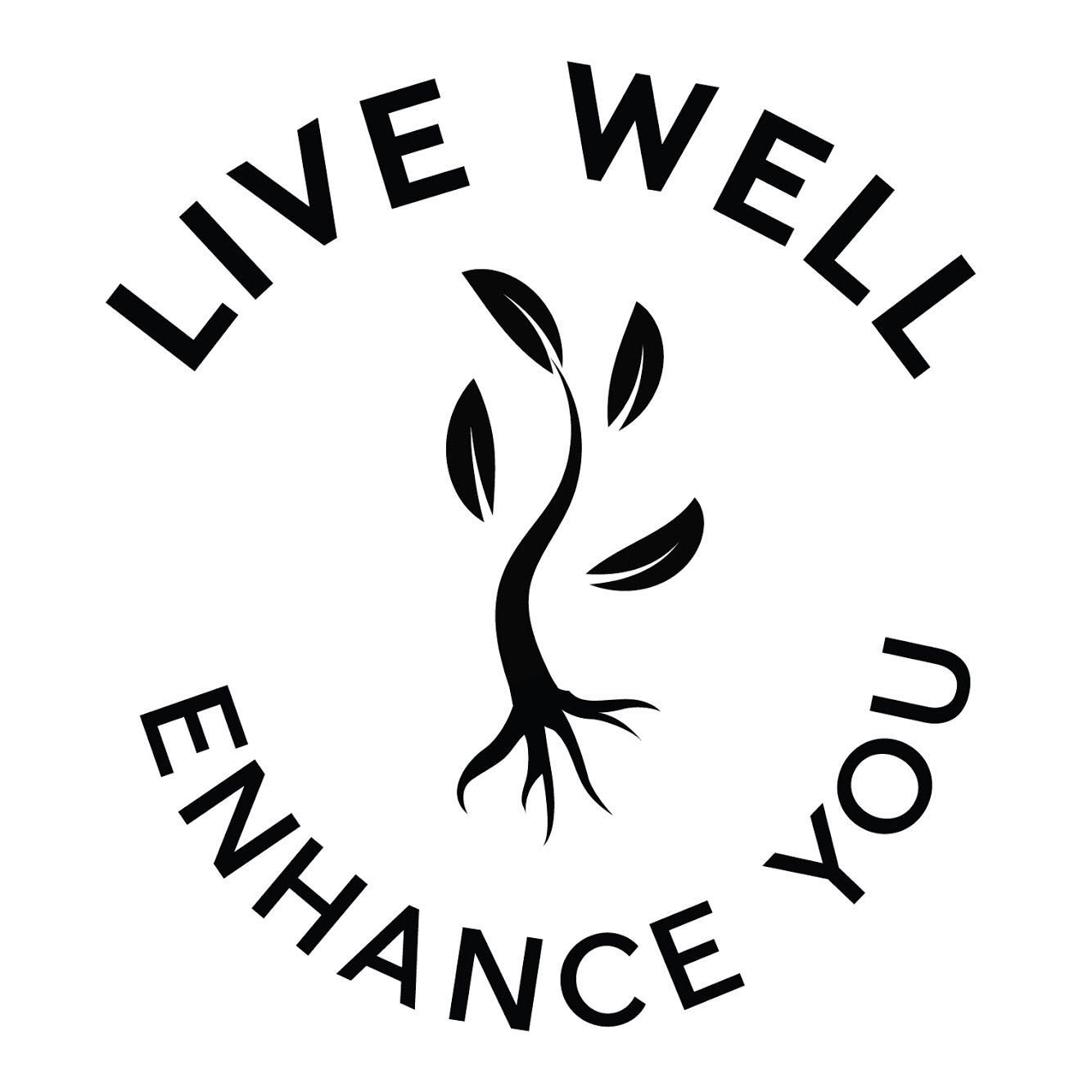Napping Tips for Daylight Saving Time (and beyond)
Does a nap sound good right about now?
Naps are great because they help you recharge when you’re tired. Sleep is an essential part of your health, so when you don’t get enough of it at night, taking a nap during the day could be just what you need.
But many people today are so busy each day and night that they’ve become sleep-deprived. And when you throw a Daylight Saving Time change into the mix, your circadian rhythm can be thrown way off, meaning sleep may be hard to come by.
How your circadian rhythm affects you
Your body has a circadian rhythm that corresponds to a 24-hour day. The purpose of the circadian rhythm is to create a cycle that helps your body’s systems run efficiently. This cycle affects how energetic or how sleepy you are at various times during the day. It also affects your digestion, your body temperature, and your hormone releases.
Speaking of hormones, you’re probably familiar with melatonin, a hormone that causes you to feel sleepy. In a normal circadian cycle, the body releases melatonin in the evening when the light outside becomes dark. This is meant to prepare you to get enough sleep at night, which ideally would be 7-9 hours. But sometimes, things mess up this process.
Circadian rhythm problems
Your body tries its best to keep your circadian rhythm working smoothly, but when something happens that interferes with it, you’re likely to feel sluggish and be in a bad mood. One example of this is what happens when you overuse computers and phones at night. This can affect your circadian rhythm because your brain can interpret the light from electronic devices as daylight, keeping you awake longer.
Working an evening or night shift is another problem your circadian rhythm may have a hard time adjusting to. While you’re trying to have energy for your evening work, your body thinks it’s time to rest because it’s dark outside, so there’s a disconnect. (Though it’s possible to get used to that schedule eventually, if it’s consistent.)
Adding to circadian confusion are sudden schedule changes like Daylight Saving Time. The sun plays a major role in regulating your circadian rhythm, yet Daylight Saving Time changes make it feel like the sun is rising and setting at the “wrong” time. As a result, that “springing forward” one hour can make you feel groggy and unable to think clearly.
How to handle the Daylight Saving Time change
If you’re dreading this upcoming Sunday because it’s a day that only has 23 hours, you’re not alone. After all, that’s why National Napping Day was declared to be the Monday after Daylight Saving Time begins. It’s hard to start off a workweek when you’re tired because of your lost hour of sleep from the day before!
But there are things you can do to make adjusting to the new time easier:
Starting a few days before Daylight Saving Time begins, go to bed 15-30 minutes earlier than you usually do. This helps your body have a more gradual transition into that 23-hour day on Sunday.
Don’t use electronic devices starting from an hour before you go to bed. This will make it easier for you to fall asleep because you won’t be getting that unneeded light from screens shining into your eyes shortly before bed.
The Sleep Foundation suggests limiting your caffeine and alcohol intake. Both of these things can disrupt the process of falling asleep at night.
If you still find yourself tired on Monday… there’s no shame in taking a nap! Try napping in the early afternoon for about 20 minutes.
These tips aren’t just for Daylight Saving Time. They’re for other occasions too, such as traveling to a location in another time zone. The goal is to prioritize your sleep so that you’ll get enough of it for a healthier body – and a happier mood.
Jasmine Clark is a freelance writer from North Carolina. She enjoys writing about topics such as stress relief and positive thinking. She likes to encourage others to find ways to calm down and relax. In her spare time, she loves to write fiction stories and watch TV and YouTube. You can find her on Instagram @cozysachi.
